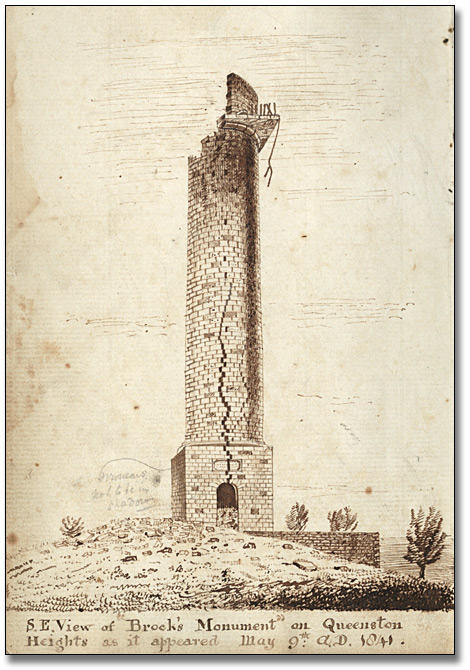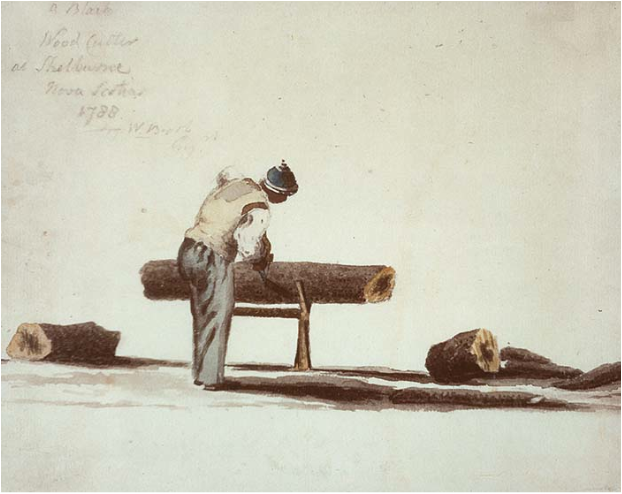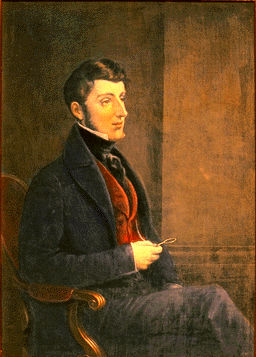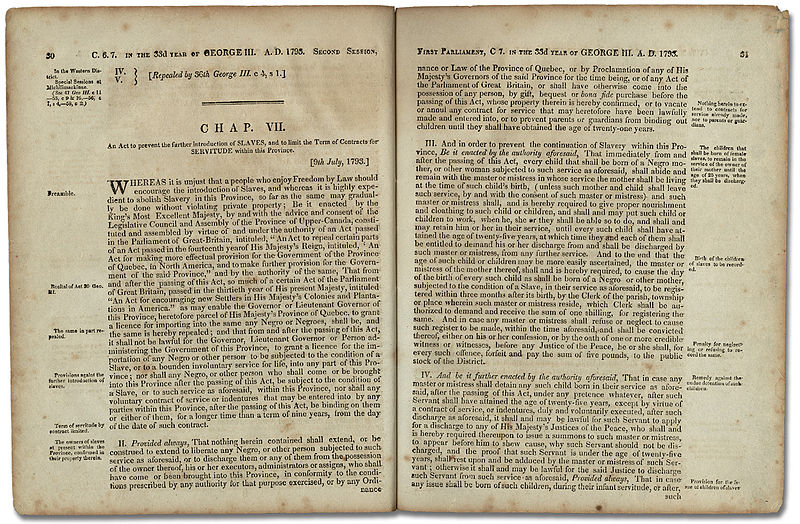Article
Abigail Becker
During a vicious storm on 24 Nov 1854, the overloaded schooner Conductor foundered on a nearby sandbar. The captain and crew clung to the frozen rigging all night, not daring to enter the raging surf.

Enter your search term
Signing up enhances your TCE experience with the ability to save items to your personal reading list, and access the interactive map.
Create AccountArticle
During a vicious storm on 24 Nov 1854, the overloaded schooner Conductor foundered on a nearby sandbar. The captain and crew clung to the frozen rigging all night, not daring to enter the raging surf.
"https://d3d0lqu00lnqvz.cloudfront.net/media/media/0a3968ad-ab93-46dd-9551-d90d9206cacf.jpg" // resources/views/front/categories/view.blade.phphttps://d3d0lqu00lnqvz.cloudfront.net/media/media/0a3968ad-ab93-46dd-9551-d90d9206cacf.jpg

Article
Alexander Roberts Dunn, VC, army officer (born 15 September 1833 in York, Upper Canada; died 25 January 1868 near Senafe, Abyssinia). During the Crimean War, Lieutenant Dunn was the first Canadian ever to be awarded the Victoria Cross (VC), the highest award for bravery among troops of the British Empire.
"https://d3d0lqu00lnqvz.cloudfront.net/media/media/c8d6753b-5937-4ffa-af23-3032ae057629.jpg" // resources/views/front/categories/view.blade.phphttps://d3d0lqu00lnqvz.cloudfront.net/media/media/c8d6753b-5937-4ffa-af23-3032ae057629.jpg

Article
Archibald McNab, 17th chief of Clan Macnab (b in Perthshire, Scot c 1781; d at Lannion, France 12 Aug 1860). McNab came to Upper Canada in 1822 to flee his creditors in Scotland. His settlement scheme was approved Nov 1823 and he was given land on the Madawaska River.
"https://www.thecanadianencyclopedia.ca/images/tce_placeholder.jpg?v=e9dca980c9bdb3aa11e832e7ea94f5d9" // resources/views/front/categories/view.blade.phphttps://www.thecanadianencyclopedia.ca/images/tce_placeholder.jpg?v=e9dca980c9bdb3aa11e832e7ea94f5d9

Editorial
The following article is an editorial written by The Canadian Encyclopedia staff. Editorials are not usually updated.
"https://d3d0lqu00lnqvz.cloudfront.net/media/media/49ba20fd-6d57-4ea4-9659-791941b8dd61.jpg" // resources/views/front/categories/view.blade.phphttps://d3d0lqu00lnqvz.cloudfront.net/media/media/49ba20fd-6d57-4ea4-9659-791941b8dd61.jpg

Editorial
The following article is an editorial written by The Canadian Encyclopedia staff. Editorials are not usually updated. “Freedom and a Farm.” The promise was exciting to the thousands of African Americans, most seeking to escape enslavement, who fought in British regiments during the American Revolutionary War (1775–83). Following the war, they joined tens of thousands of Loyalists — American refugees who had sided with the British. Between 80,000 and 100,000 Loyalists eventually fled the United States. About half came to British North America. The main waves arrived in 1783 and 1784. The territory that now includes the Maritime provinces became home to more than 30,000 Loyalists. Most of coastal Nova Scotia received Loyalist settlers, as did Cape Breton and Prince Edward Island (then called St. John’s Island).
"https://d3d0lqu00lnqvz.cloudfront.net/media/media/be13527b-b76d-408a-afca-30acbd4f7bfc.png" // resources/views/front/categories/view.blade.phphttps://d3d0lqu00lnqvz.cloudfront.net/media/media/be13527b-b76d-408a-afca-30acbd4f7bfc.png

Article
Canada Committee, a British parliamentary committee established 2 May 1828 to settle political disputes which were paralysing representative government in Lower Canada and creating difficulties in Upper Canada.
"https://www.thecanadianencyclopedia.ca/images/tce_placeholder.jpg?v=e9dca980c9bdb3aa11e832e7ea94f5d9" // resources/views/front/categories/view.blade.phphttps://www.thecanadianencyclopedia.ca/images/tce_placeholder.jpg?v=e9dca980c9bdb3aa11e832e7ea94f5d9

Article
Canada Company, brainchild of John GALT, established in late 1824 and chartered in 1825 as a land and COLONIZATION COMPANY in Upper Canada. In 1826 the company purchased from the government about 2.5 million acres (1 million ha) of land for $295 000.
"https://d3d0lqu00lnqvz.cloudfront.net/media/media/a03fa073-a395-45c8-a7a3-8ae328595103.jpg" // resources/views/front/categories/view.blade.phphttps://d3d0lqu00lnqvz.cloudfront.net/media/media/a03fa073-a395-45c8-a7a3-8ae328595103.jpg

Article
After the failed Rebellion of 1837 in Upper Canada, its leader, William Lyon Mackenzie, retreated to Navy Island, in the Niagara River, accompanied by some 200 followers. The Caroline, an American ship based at Fort Schlosser in New York State, was chartered to bring supplies to the rebels. On 29 December 1837, a force of the Upper Canada militia led by Commander Andrew Drew of the Royal Navy found the Caroline moored at Schlosser. In the quick skirmish that followed, an American was killed. The Caroline, set on fire and adrift, capsized before reaching the falls and sank. The incident aggravated the already tense relationship between the United Kingdom and the United States.
"https://d3d0lqu00lnqvz.cloudfront.net/media/media/767da593-a14c-4880-a6f6-5029fd760b84.jpg" // resources/views/front/categories/view.blade.phphttps://d3d0lqu00lnqvz.cloudfront.net/media/media/767da593-a14c-4880-a6f6-5029fd760b84.jpg

Article
Charles Murray Cathcart, 2nd Earl, general, governor general of British North America (b at Walton, Eng 21 Dec 1783; d at St Leonard's-on-Sea, Eng 16 July 1859). One of Wellington's staff officers in the Napoleonic wars, Cathcart
"https://d3d0lqu00lnqvz.cloudfront.net/media/media/51b19aa3-4c90-493a-8ff8-06d43457056a.jpg" // resources/views/front/categories/view.blade.phphttps://d3d0lqu00lnqvz.cloudfront.net/media/media/51b19aa3-4c90-493a-8ff8-06d43457056a.jpg

Article
Charles Duncombe, doctor, politician, rebel (b at Stratford, Conn 28 July 1792; d at Hicksville, Calif 1 Oct 1867). Duncombe came to Upper Canada in 1819, finally settling in Burford Township where he had a large medical practice.
"https://www.thecanadianencyclopedia.ca/images/tce_placeholder.jpg?v=e9dca980c9bdb3aa11e832e7ea94f5d9" // resources/views/front/categories/view.blade.phphttps://www.thecanadianencyclopedia.ca/images/tce_placeholder.jpg?v=e9dca980c9bdb3aa11e832e7ea94f5d9

Article
Charles Edward Poulett Thomson Sydenham, 1st Baron, politician, colonial administrator (b at Wimbledon, London, Eng 13 Sept 1799; d at Kingston, Canada W 19 Sept 1841).
"https://d3d0lqu00lnqvz.cloudfront.net/media/media/9b102db4-f93d-44c3-a26e-d61b3ea11b50.jpg" // resources/views/front/categories/view.blade.phphttps://d3d0lqu00lnqvz.cloudfront.net/media/media/9b102db4-f93d-44c3-a26e-d61b3ea11b50.jpg

Article
Charles Lennox Richmond and Lennox, 4th Duke of, soldier, administrator, governor-in-chief of British N America 1818-19 (b in Eng 9 Sept 1764; d near Richmond, UC 28 Aug 1819).
"https://www.thecanadianencyclopedia.ca/images/tce_placeholder.jpg?v=e9dca980c9bdb3aa11e832e7ea94f5d9" // resources/views/front/categories/view.blade.phphttps://www.thecanadianencyclopedia.ca/images/tce_placeholder.jpg?v=e9dca980c9bdb3aa11e832e7ea94f5d9

Article
Chloe Cooley was one of hundreds of Black women enslaved in the French and British colonies that became Canada. Although little is known about Chloe Cooley, who was enslaved in Upper Canada, her struggles against her enslaver, Sergeant Adam Vrooman, precipitated the Act to Limit Slavery in Upper Canada of 1793. The Act was the first legislation in the British colonies to restrict the slave trade. (See also Black Enslavement in Canada.) Click here for definitions of key terms used in this article.
"https://d3d0lqu00lnqvz.cloudfront.net/media/media/22ace4cd-cd9c-4de9-b8dd-db1ad6c4a64b.jpg" // resources/views/front/categories/view.blade.phphttps://d3d0lqu00lnqvz.cloudfront.net/media/media/22ace4cd-cd9c-4de9-b8dd-db1ad6c4a64b.jpg

Article
In 1881 Read retired from his legal practice and devoted himself to preserving Ontario's history. He wrote articles, gave lectures and participated in historical societies.
"https://d3d0lqu00lnqvz.cloudfront.net/media/media/78d24cdd-f7a2-4025-9aa5-f0349123a5cc.jpg" // resources/views/front/categories/view.blade.phphttps://d3d0lqu00lnqvz.cloudfront.net/media/media/78d24cdd-f7a2-4025-9aa5-f0349123a5cc.jpg

Article
Delos Rogest Davis, KC, teacher and lawyer (born 4 August 1846 in Maryland, died 13 April 1915 in Anderdon Township, ON). Davis was the third Black lawyer in Canada and the first Black person appointed to the King’s Counsel in all of the British Empire.
"https://d3d0lqu00lnqvz.cloudfront.net/media/media/dcf3748a-6baa-4f1d-8433-babd90aebf3d.gif" // resources/views/front/categories/view.blade.phphttps://d3d0lqu00lnqvz.cloudfront.net/media/media/dcf3748a-6baa-4f1d-8433-babd90aebf3d.gif
